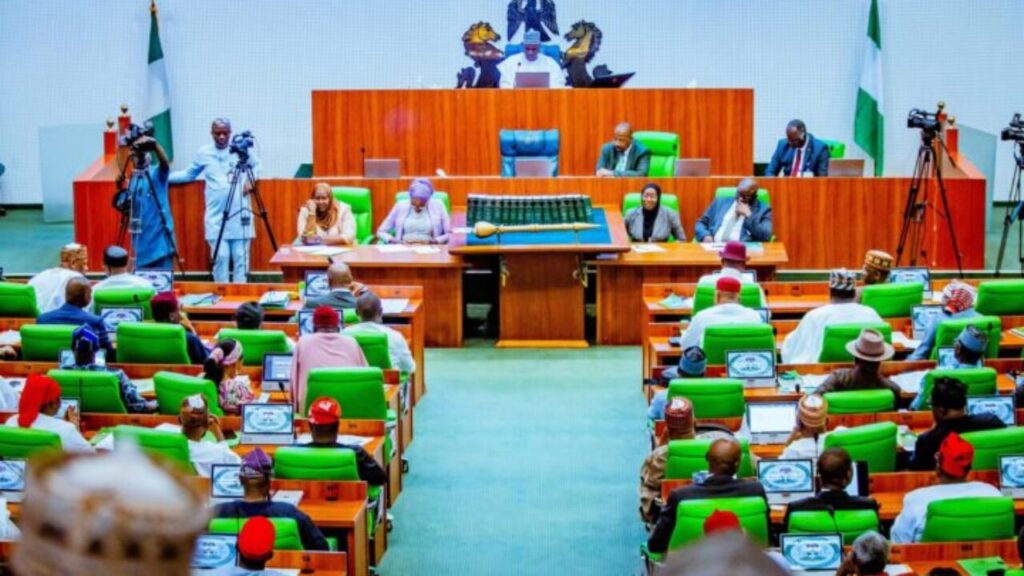A bill seeking to prevent individuals above 60 years from contesting for the offices of president and governor has passed its second reading in the House of Representatives.
If enacted, the legislation would disqualify President Bola Tinubu, former Vice President Atiku Abubakar, and Labour Party’s 2023 presidential candidate, Peter Obi, from participating in the 2027 presidential election, as all are over the proposed age limit.
Sponsored by Ikenga Ugochinyere, a lawmaker from Imo State, the bill is formally titled: “A Bill for an Act to Amend the Constitution of the Federal Republic of Nigeria, 1999, to Review the Qualification Criteria for Presidential and Gubernatorial Elections.”
Among its provisions, the bill mandates that any candidate vying for the office of president or governor must hold at least a university degree and must not be older than 60 at the time of contesting.
READ ALSO: Tinubu unbothered by 2027 elections – Presidency
It was one of 31 constitutional amendment bills that passed the second reading during Thursday’s plenary session.
In a related move, the House advanced another bill that seeks to elevate Alvan Ikoku College of Education in Imo State to the status of a Federal University of Education, ensuring federal recognition and funding for the institution.
Similarly, a bill advocating for the mandatory inclusion of youths and persons with disabilities in political appointments was approved for the next legislative stage.
Sponsored by Ugochinyere, the proposed law aims to enhance representation and inclusivity in governance.
Another significant proposal that scaled the second reading seeks to transfer trade and commerce to the concurrent legislative list.
If passed, this would allow both federal and state governments to regulate economic activities, fostering inter-state commerce and stimulating business growth.
The House also deliberated on education-focused bills, including those proposing the establishment of: Federal University of Education, Zaria (sponsored by Speaker Abbas and Rep. Yusuf Gagdi), Yusuf Maitama Sule Federal University of Education, Kano and University of Nigerian Languages, Aba.
Further legislative efforts were made toward gender representation, as the Reserved Seats for Women in National and State Assemblies Bill, 2025, sponsored by Rep. Kafilat Ogbara, also passed its second reading.
This bill aims to guarantee specific parliamentary seats for women to enhance gender balance in governance.
READ ALSO: Atiku calls for a “New Movement” to re-engineer Nigeria’s democracy
Additionally, judicial reforms took center stage with bills such as: the timelines for justice administration bill, 2025, sponsored by Benjamin Kalu, which seeks to accelerate the judicial process in Nigeria.
The Increase in Number of Supreme Court & Court of Appeal Justices Bill, sponsored by Bello Kaoje, aimed at expanding the number of justices to enhance the judiciary’s efficiency.
The House also debated proposals concerning state creation, with theWan State (North Central) Bill, 2025, and the Gobir State (North West) Bill, 2025, both progressing to the next stage of legislative consideration.



